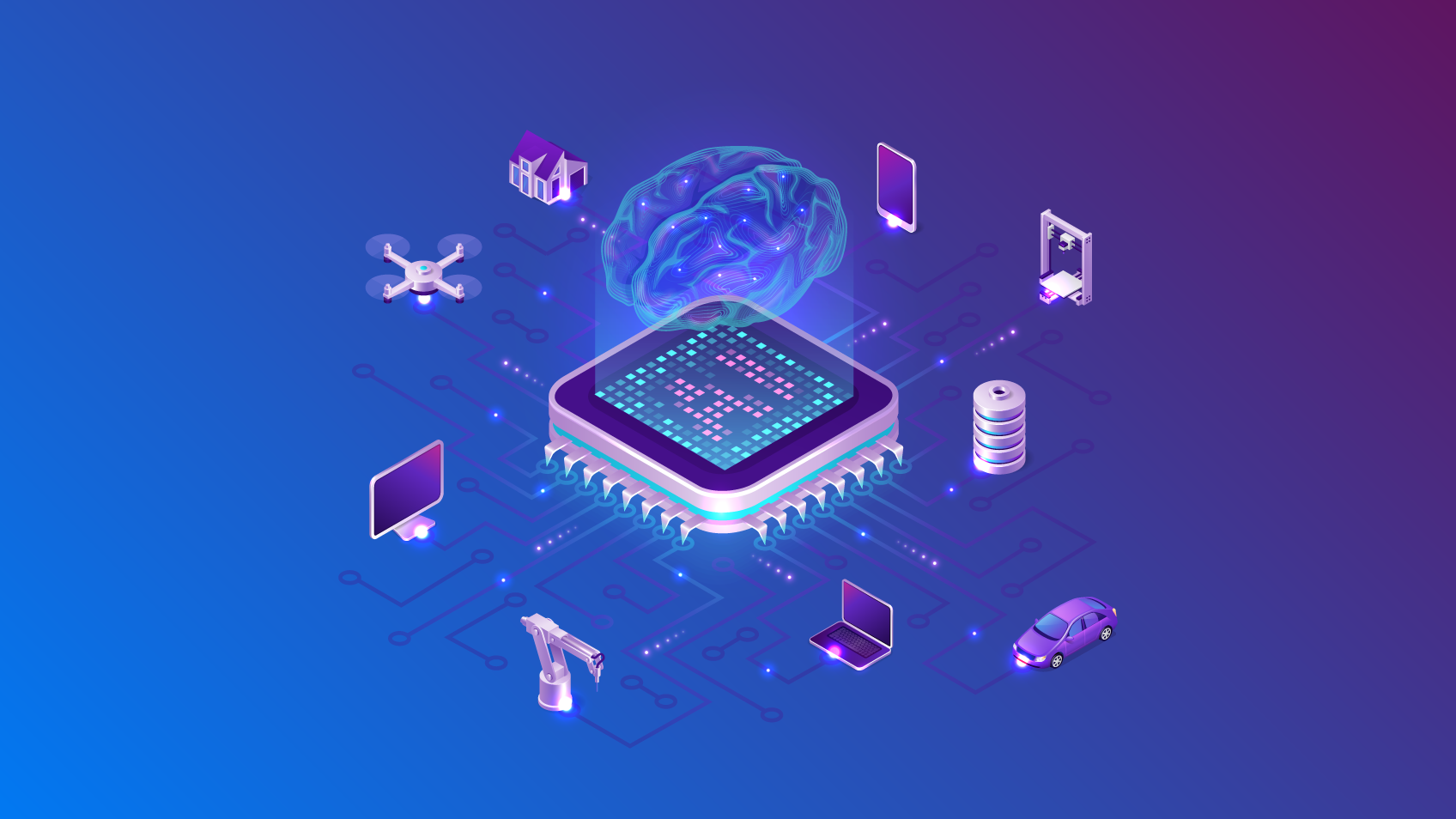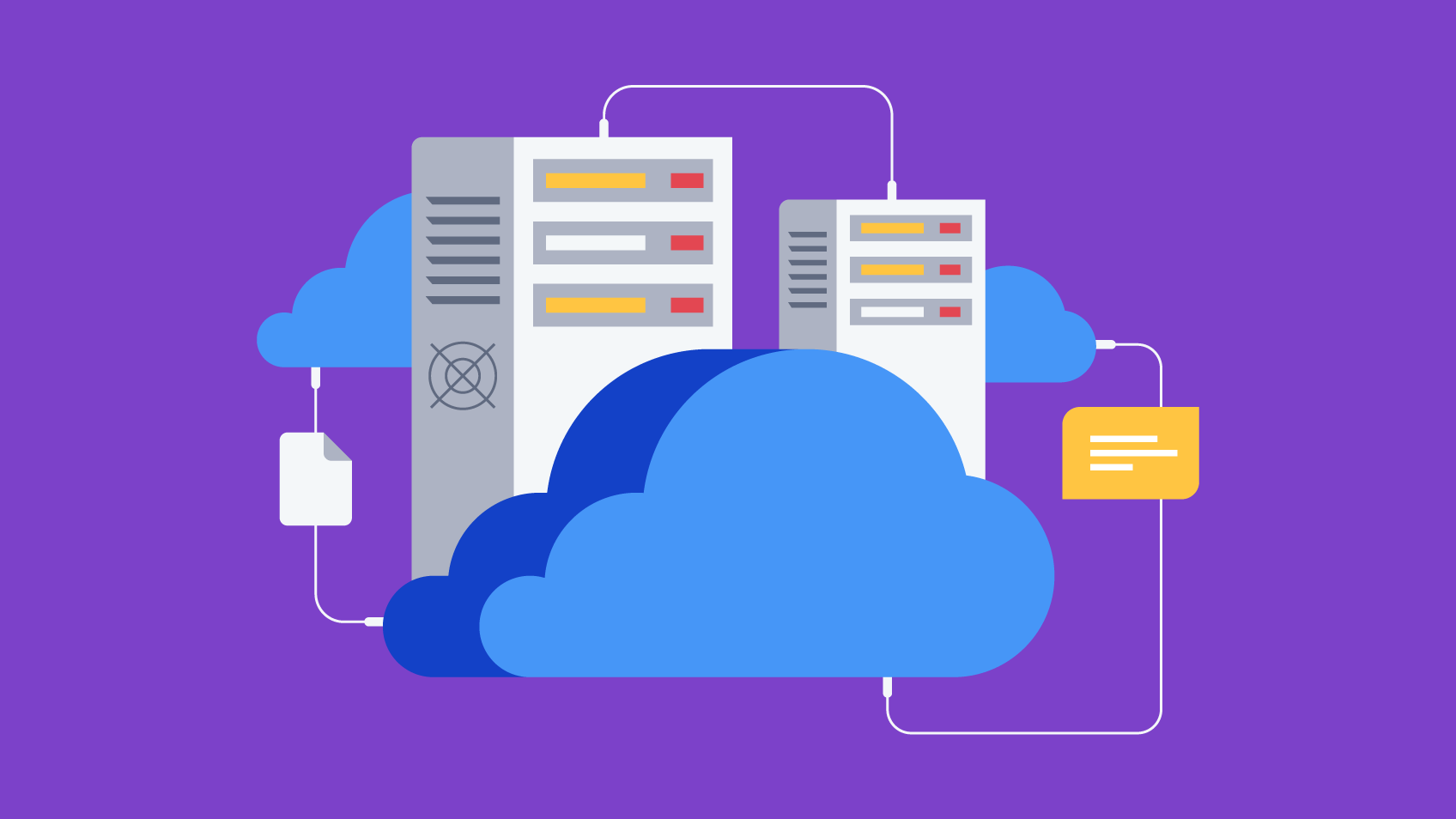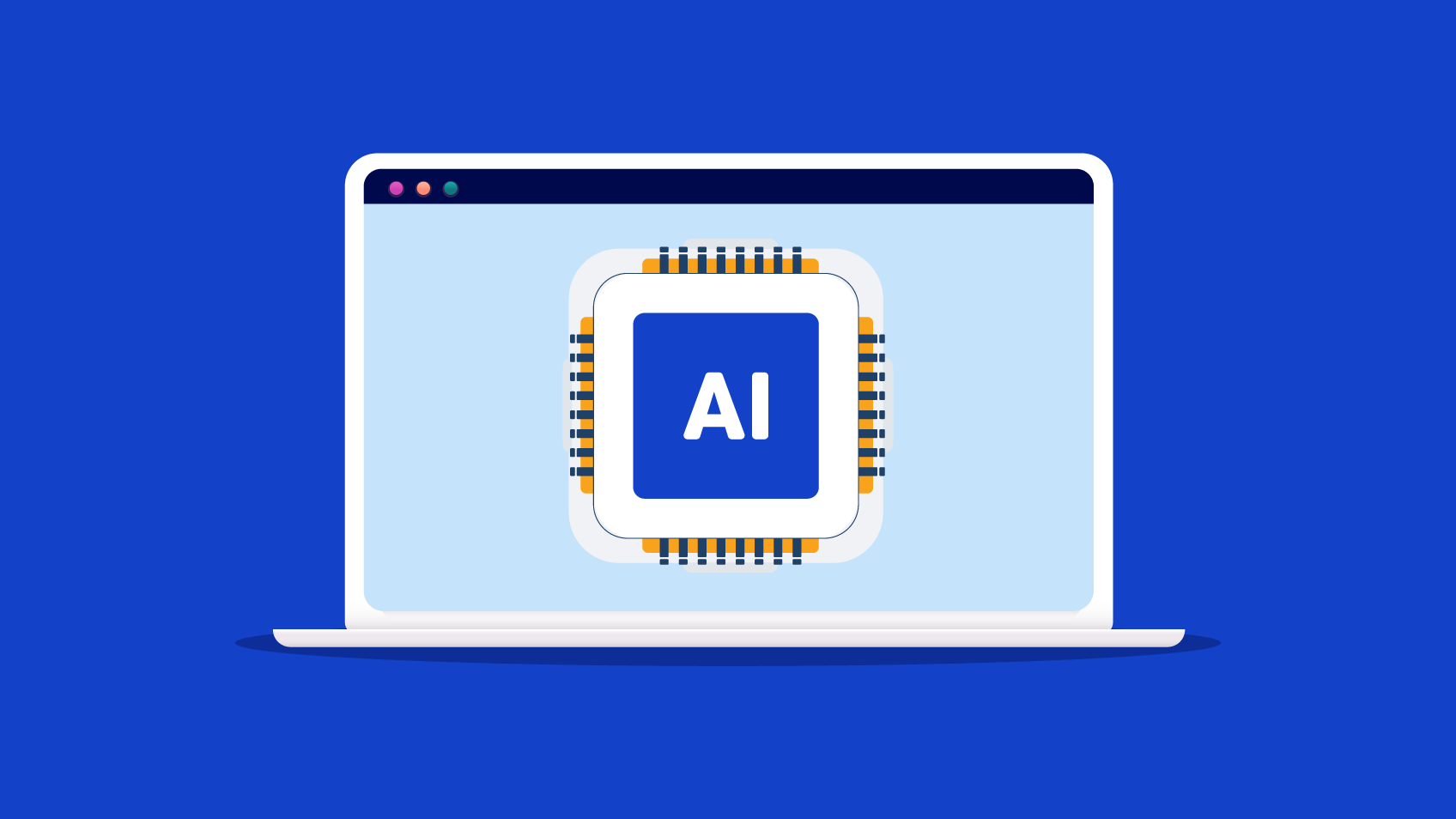5-SECOND SUMMARY:
- Artificial Intelligence technologies are rising all over the world;
- AI projects can impact areas such as Health; help in Climate Crises; Increase corporate productivity; Changing generations of consumer experiences, among others.
Artificial Intelligence is not a recent technology, although sometimes it seems like a technological trend that has emerged in recent years. The history of AI – a technology we recognise as disruptive at different levels – dates back to the 1950s, when the first developments were made. This technology has not always enjoyed the popularity that it enjoys nowadays. The truth is that there have been several up and downs in the history of artificial intelligence: we have witnessed cycles of hype and effusive enthusiasm followed by cycles – called AI winters – where there was a reduction in both interest and funding, only years later to witness a renewed scientific interest, typically boosted by technological advances.
Although this technology’s origin and evolution have not been linear, and it has not always been clear how essential it could become for different world economies, Artificial Intelligence has undeniable popularity nowadays. It seems a distant reality to mention the existence of an AI winter.

Source: ResearchGate
What AI can still offer
Since the last AI winter in 1988, many things have changed, and today artificial intelligence has assumed a leading role in the economy. Author and AI consultant Andrew Burgess, in his book The Executive Guide to Artificial Intelligence, discusses the four main drivers that help explain why AI has definitively made the leap from the laboratory to the real world:
1. Big Data: we currently have enormous data available. The amount of data we generate worldwide doubles every two years. According to Statista, the total amount of data created, processed and consumed predicted for 2020 was 64.6 zettabytes. This unprecedented availability of information is crucial, as AI feeds on data, which it uses to generate value.
2. Cheap Storage: all the data we generate needs to be stored, and this is a logistical issue we need to consider when working with large amounts of information. Storage costs are decreasing considerably, as well as the size of the machines that store that data, making it possible to buy more storage at a much lower price. Additionally, the speed at which data can be accessed via the cloud, for example, is increasing.
3. Faster Processing: in addition to storing the information we want to work with, we also need to process it. According to Moore’s Law, the number of transistors on microchips would double every two years. However, David House later revised the formula to the one we commonly use today: chip performance doubles every 18 months. With faster processors supporting AI activity, we make it possible to solve more complex problems requiring more data.
4. Ubiquitous Connectivity: it has only been in the last few years that networks (broadband and 4G and, more recently, 5G) have become fast enough to allow significant amounts of data to be distributed between servers and different devices. As such, and because we are currently able to guarantee good connectivity, we can ensure that information is quickly available to be collected, processed and analysed.
Therefore, we can benefit from a set of conditions we previously had no way of guaranteeing. All are essential for artificial intelligence to succeed as a technology with true disruptive potential. Without cheap storage, we wouldn’t be able to invest in an AI project that needs considerable information. And without available information, it wouldn’t be possible to consider this technology to solve these problems since information is the engine that AI needs to be able to show its true power. Now that we have all the conditions we need to take advantage of the technology, it’s time to know more about the future of Artificial Intelligence and what we can expect from now on.
The future of Artificial Intelligence: what to expect
It is always challenging to make predictions about what the future holds because the future is a great unknown. However, looking back at the road this technology has travelled over the last few decades, we see positive indicators for the future. Still, it’s important to note that when AI was expected to prove a highly relevant technology at the beginning of the pandemic, its performance fell far below expectations. As we entered the first lockdown, there were several attempts by different organisations to use AI to help with the rapid detection of the disease, either by diagnosing it or predicting various regional outbreaks. But not all attempts were successful, and in retrospect, we can now see where AI underperformed, leaving us with important lessons for improving the technology in the future.
We know, for instance, that it’s not enough to rely solely on the availability of technology or information. Still, it is necessary to consider factors such as the quality and availability of the data we’re using, the possibility of discrimination and bias in results, the existence of human error in data collection and even the fact that our global and sometimes local context, is highly complex. We can still do a lot to improve the results we get from AI initiatives. Like others before, this technology still needs to evolve and mature.
But in the future, ensuring that we overcome the operationalisation obstacles inherent to AI projects, the technology will have room to become an essential ally for humanity in different ways:
• Revolutionising healthcare, diagnosing diseases at an early stage and even assisting in the treatment process, allowing us to offer fully personalised healthcare, customised to the needs of each patient;
• Becoming one of the crucial tools in the prevention of climate crises, helping us to foresee extreme phenomena and accordingly plan for them;
• Becoming the most significant digital contributor to human workers, taking care of tasks that can be automated and ultimately revolutionising the way we work;
• Revolutionising the next generation of digital and phygital experiences. We can already see how new technologies are changing the experience stage – whether phygital, physical or digital. Artificial intelligence will be crucial in shaping the next generation of consumer experiences.
Final Thoughts
We’re just now starting to explore this technology’s potential for revolutionising different businesses and industries. We’re focused on helping you use AI to unlock new growth opportunities.
Our AI Solutions Centre aims to support companies in this AI adoption journey, offering the ability to adopt this technology with the necessary guidance and taking the steps needed to integrate intelligence into organisational systems. Challenge us to help you on this journey.

Partner and DX & UX Lead – Xpand IT














